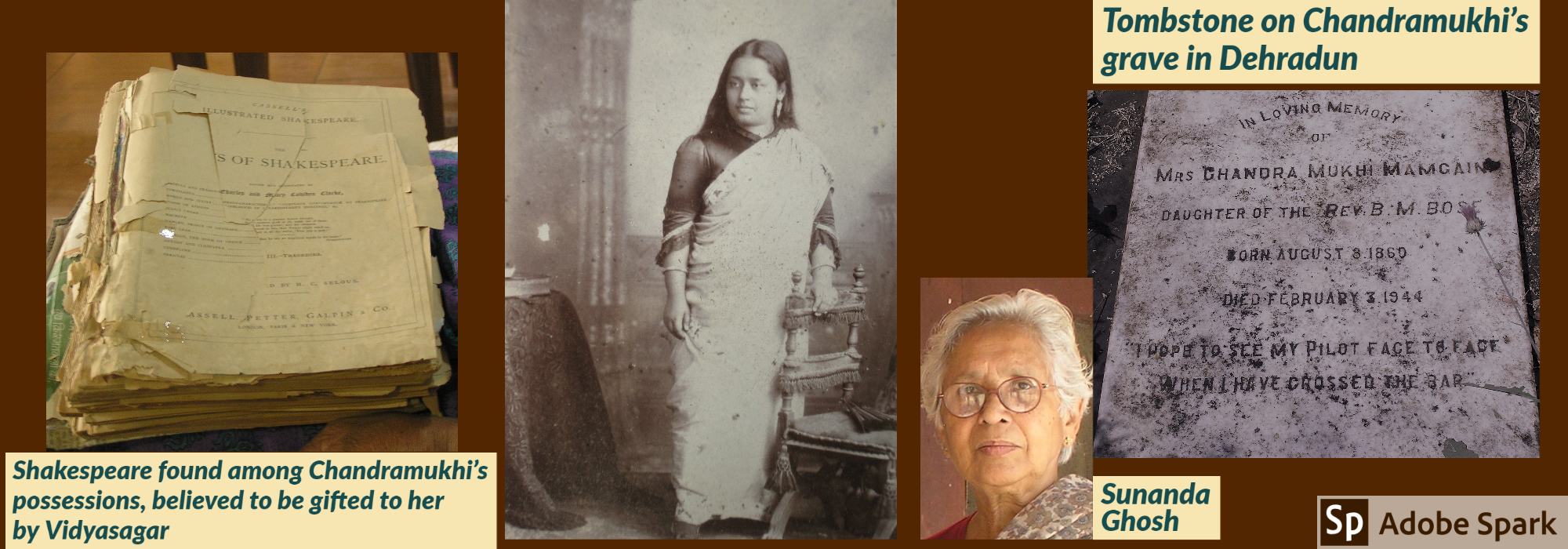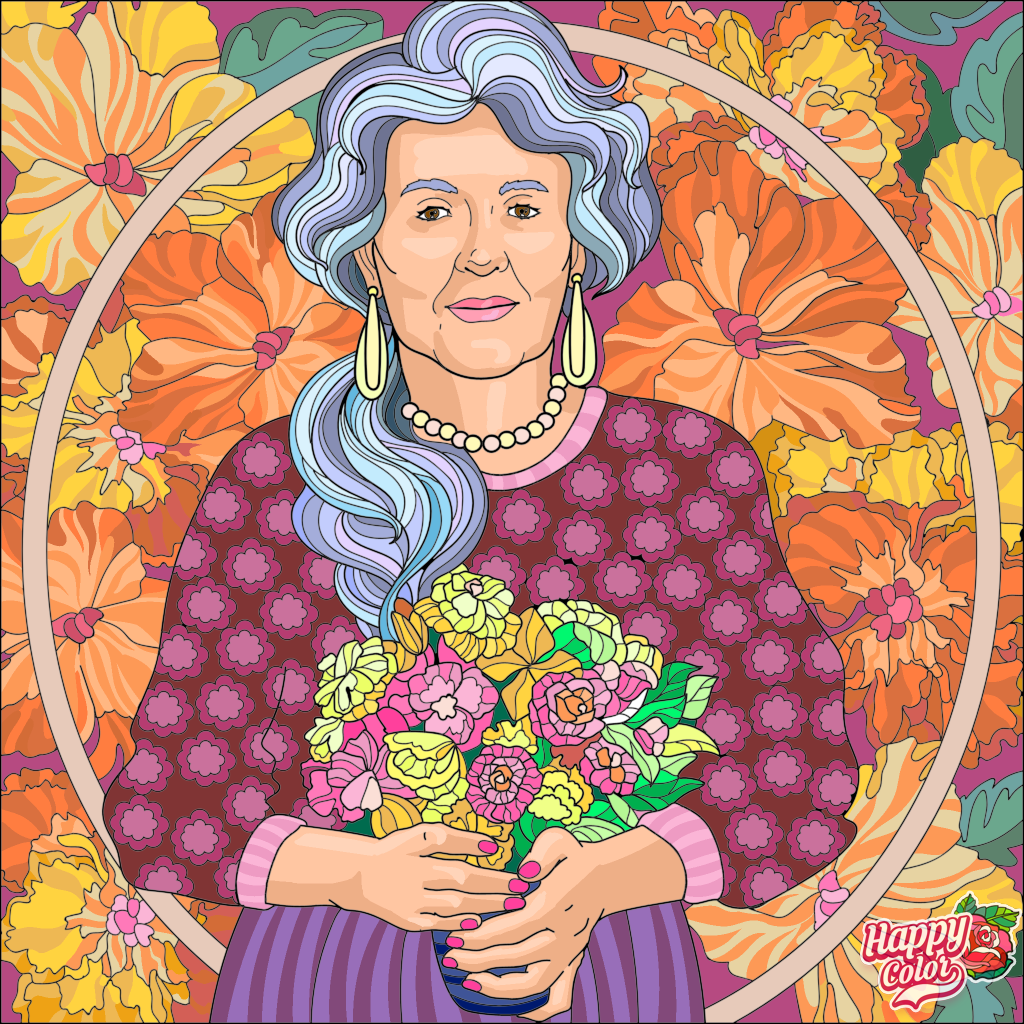Chandramukhi Bose: First Woman to pass Entrance Examination
#chandramukhi



In its Syndicate meeting held on 25th November 1876, The Registrar of the Calcutta University reported that a petition has been made on behalf of a certain girl, living in Dehradun, who wanted to appear in the Entrance Examination of the University to be held in next month.
The Reverend David Herron, Superintendent of the Dehra Boarding school for Native Christian Girls, applied for permission that one of his pupils be permitted to sit for the Entrance Examination, so that she may continue to study further.
The Registrar maintained that ‘according to the received interpretation of the regulations for that examination he was unable to entertain’ the Reverend’s request, ‘but that in order to avoid the disappointment which would be felt by the girl's exclusion from the examination he had arranged for her being examined privately in the entrance papers under the supervision of the Headmaster of the Mussoorie School on the understanding that she was not to be considered a registered candidate and that her name should not appear in the list of passed examinees if she should be pronounced by the examiners to have attained the prescribed standard’.
This girl was Chandramukhi Bose, the first female candidate to have passed the Entrance Examination of the Calcutta University, the first female to have passed the M.A, from the same University and the first Principal of Bethune College.
What was the challenge due to which her result could not be published?
Actually, there was none!
The Act of Incorporation (1857) of Calcutta University states clearly that ‘
Whereas for the better encouragement of Her Majesty's Subjects of all classes and denominations within the Presidency of Fort William in Bengal and other parts of India in the pursuit of a regular and general course of education, it has been determined to establish an University at Calcutta for the purpose of ascertaining, by means of examination, the PERSONS who have acquired proficiency in different branches of Literature, Science and Art, and rewarding them by Academic degree as evidence of their respective attainment, and marks of honour proportioned thereunto; and whereas, for the effectuating the purposes aforesaid, it is expedient that such University should be incorporated’.
It is the gender-biased interpretation of the word persons, led Chandramukhi, not to be recognized as the first woman to have cleared the Entrance Examination. In 1876-77 the members of the Syndicate included the cream of intelligentsia of the then Calcutta society. The Chief Justice was the Vice Chancellor. A few distinguished professors of Law and English Literature were also members of the Syndicate. It could not be that they were unaware of the meaning of the word person. But they chose to neglect the correct grammatical interpretation in favour of the socially accepted connotation of the word.
It took the University 136 years to rectify the historical blunder. And the person instrumental for bestowing Chandramukhi her due, is my mother Dr. Sunanda Ghosh, an alumnus of Bethune School and College and an ex-teacher and ex-Head of the Department of Political Science in the same College.
When Bethune College celebrated in 1983 the hundredth year of graduation of its two most famous students, Chandramukhi Bose and Kadambini Ganguli, Sunanda was baffled. If Kadambini had been the first female to have passed the Entrance Examination, then how could it be possible that Chandramukhi also passed B. A. in the same year with Kadambini? Kadambini’s achievements were well documented. But what about Chandramukhi? Sunanda focussed her detecting power on Chandramukhi’s past and found that she passed her F. A. (First Arts) Examination from Free Church Institute in 1881. How can someone pass F.A. without passing the Entrance Examination? How could a college admit her without proper proof of attainment, as said in the Act of Incorporation?
And then she found the answer to this puzzle on the top floor of Calcutta University Library, where all records of the Syndicate meetings are well preserved.
Once Sunanda was convinced that the glory of being the first woman to have passed the Entrance Examination belongs to Chandramukhi, she embarked on another struggle to make Calcutta University recognize Chandramukhi and rectify their fault. That culminated on Novenber 29, 2013 during the Convocation when the Vice Chancellor Suranjan Das declared that
“Although Chandramukhi Basu had cleared her Entrance Examination in 1876, the University had refused to register her as a successful candidate because of gender discrimination …. We now intend to posthumously confer on her the pass certificate of the said Entrance Examination”.
Did it ever matter to Chandramukhi that this unique achievement of hers went unrecognized? Chandramukhi was a reticent person. Hardly she wrote anything about herself. Her later achievements were well recognized. After she became the first woman to earn the M.A. degree in January 1884, Ishwarchandra Vidyasagar gifted her a complete set of Shakespeare signed by his own hand. Chandramukhi’s contributions in setting Bethune College on strong foundation as its first Principal is self-evident. But setting the course of history straight is a matter of responsibility for the next generation.
Comments
Reply here




Chadramukhi Bose
Very well researched article. Only a handful can really spend energy to find the truth behind. Hats off to Mashima.
Saswati Bhattacharyya
21-06-2020 05:43:48